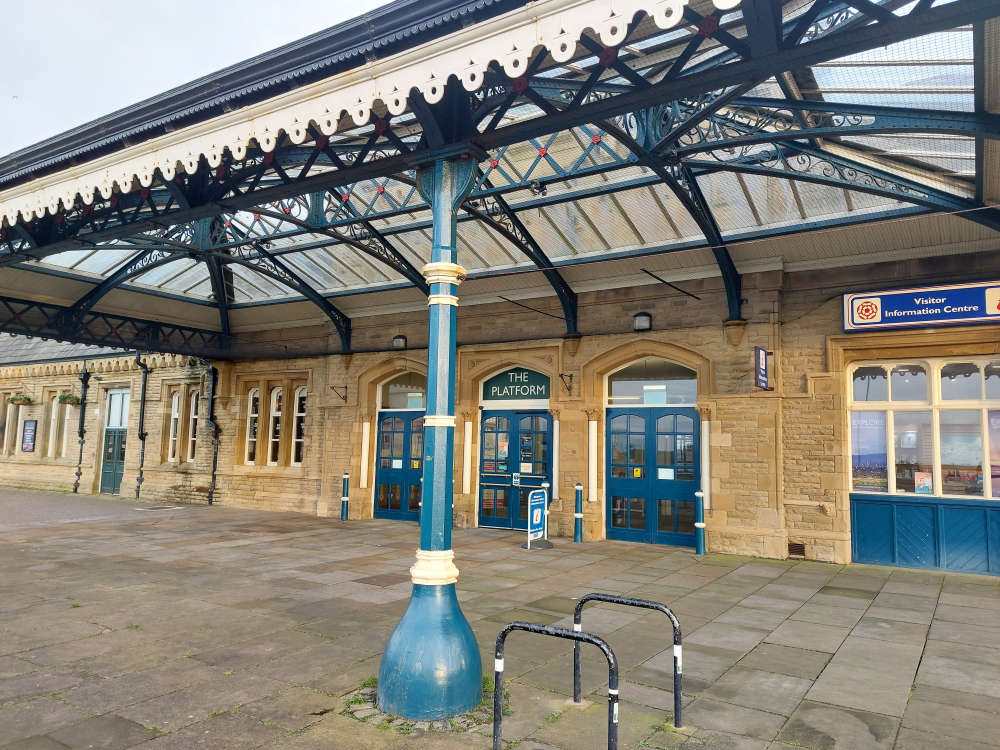
Lancaster City Council is to spend around £1million on improving the energy efficiency of its buildings as part of ambitious plans to make its services net zero carbon by 2030.
The council declared a climate emergency in January 2019 and since then has made great strides in cutting its carbon emissions.
In the latest move the council will install new measures at 10 more buildings: Lancaster Town Hall, Morecambe Town Hall, CityLab, Maritime Museum, Lancaster City Museum, Old Fire Station, Palatine Hall, The Platform, White Lune Depot and Ryelands House.
Works will vary depending on the property but will include a mixture of LED lighting, air and ground source heat pumps, upgraded insulation, secondary glazing and solar PV.
Together it is estimated that these measures could save up to around 133 tonnes of CO2 each year from natural gas and reduce electricity consumption by as much as 231,000 kWh, equivalent to running 80 average homes for a full year.
Councillor Kevin Frea, cabinet member with responsibility for climate action, said: “Tackling the devastating impact of climate change is at the heart of all the council’s policies.
“Through projects such as this we’re making significant progress in meeting our ambitious target of making the council’s activities net zero by 2030.”
The project is being funded by the Public Sector Decarbonisation Scheme (PSDS), money from which has already successfully paid for the decarbonisation of Salt Ayre Leisure Centre. Now substantially complete, it has seen the installation of a 2,880 panel solar farm, a bespoke two-stage heat pump system, new glazing and LED lighting.
Along with a new green energy tariff this means Salt Ayre is now one of the first leisure centres in the country to become carbon neutral. The work has reduced the council’s emissions from natural gas by 35%.
The scheme recently received praise from its funders, who described it as an “exemplary scheme” which will be used as a case study for other similar schemes.
Emissions from natural gas and road diesel produce the bulk of the city council’s direct emissions. Collectively, the new measures work will see natural gas emissions reduce by a further 4%. In February 2022, the council also committed itself to decarbonising its vehicle fleet and over the next four years plans to replace 52 vehicles with electric alternatives, with the aim of having a fully decarbonised fleet by 2030.



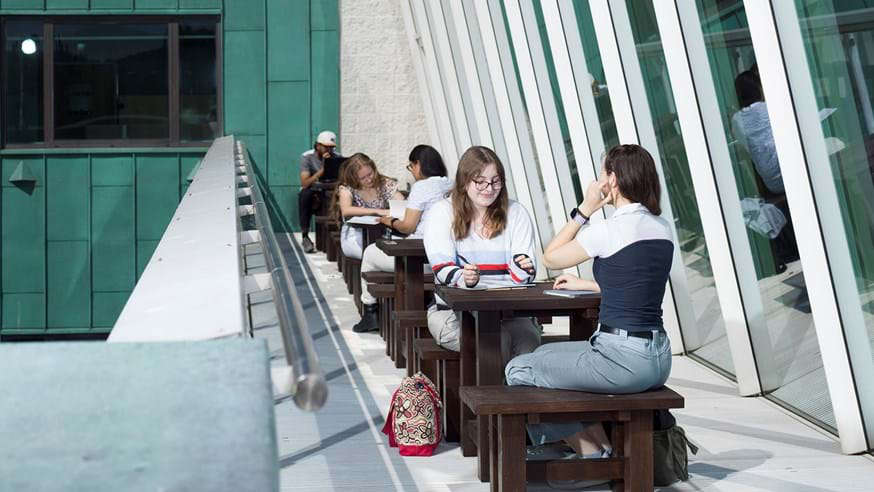 Lancaster remains best university in North West England in Complete University Guide
Lancaster remains best university in North West England in Complete University Guide
 'Music with the Mayor' initiative launched to support North Lancashire’s Citizens Advice
'Music with the Mayor' initiative launched to support North Lancashire’s Citizens Advice
 DIARY: Beyond Radio presenter fighting cancer continues his '60 Before 60' challenge
DIARY: Beyond Radio presenter fighting cancer continues his '60 Before 60' challenge
 BIG FIGHT COUNTDOWN: Tyson Fury's father John headbutts Usyk supporter ahead of undisputed heavyweight title fight
BIG FIGHT COUNTDOWN: Tyson Fury's father John headbutts Usyk supporter ahead of undisputed heavyweight title fight
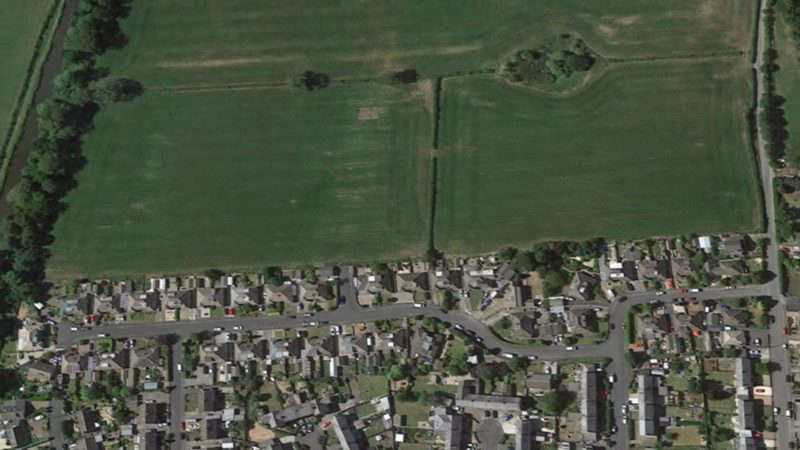 Decision to refuse Galgate housing scheme planning permission upheld following public inquiry
Decision to refuse Galgate housing scheme planning permission upheld following public inquiry
 INTERVIEWS and PHOTOS: The story of Highest Point festival 2024
INTERVIEWS and PHOTOS: The story of Highest Point festival 2024
 INTERVIEW: Lancaster prison officer backed by Tyson Fury wins sport contest ahead of Miss England bid
INTERVIEW: Lancaster prison officer backed by Tyson Fury wins sport contest ahead of Miss England bid
 VIDEO and INTERVIEW: Lancaster schoolboy, 10, makes drum 'n' bass DJ debut at Lancaster festival
VIDEO and INTERVIEW: Lancaster schoolboy, 10, makes drum 'n' bass DJ debut at Lancaster festival
 Highest Point 'Lancaster Rocks' night cancelled due to thunderstorms warning
Highest Point 'Lancaster Rocks' night cancelled due to thunderstorms warning
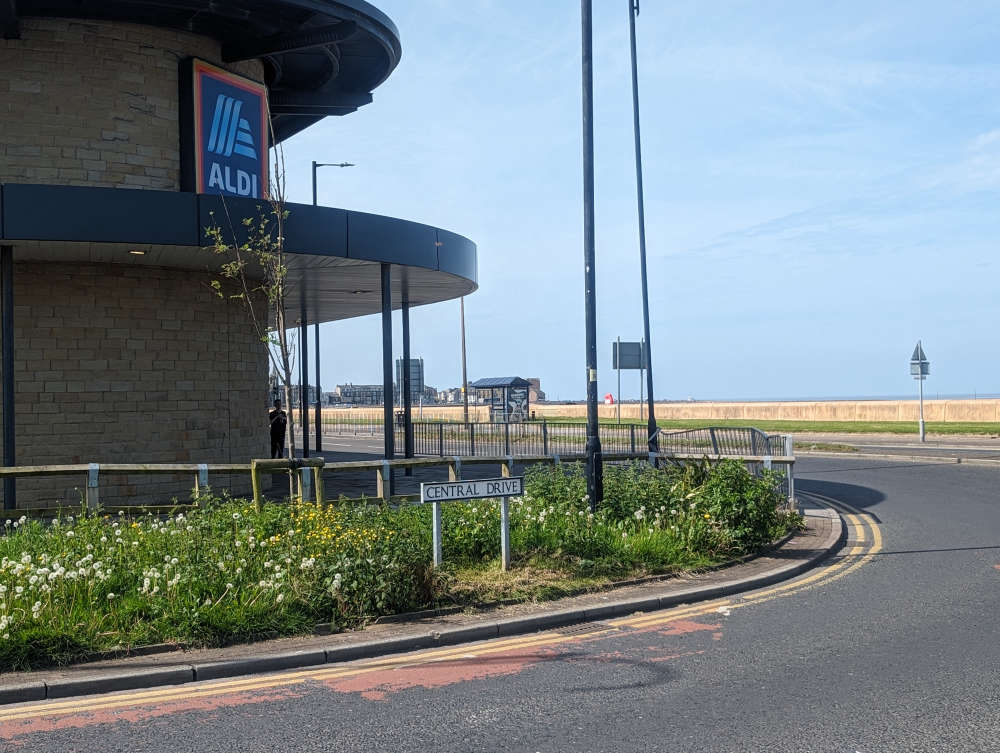 Quad bike rider dies after road crash in Morecambe
Quad bike rider dies after road crash in Morecambe
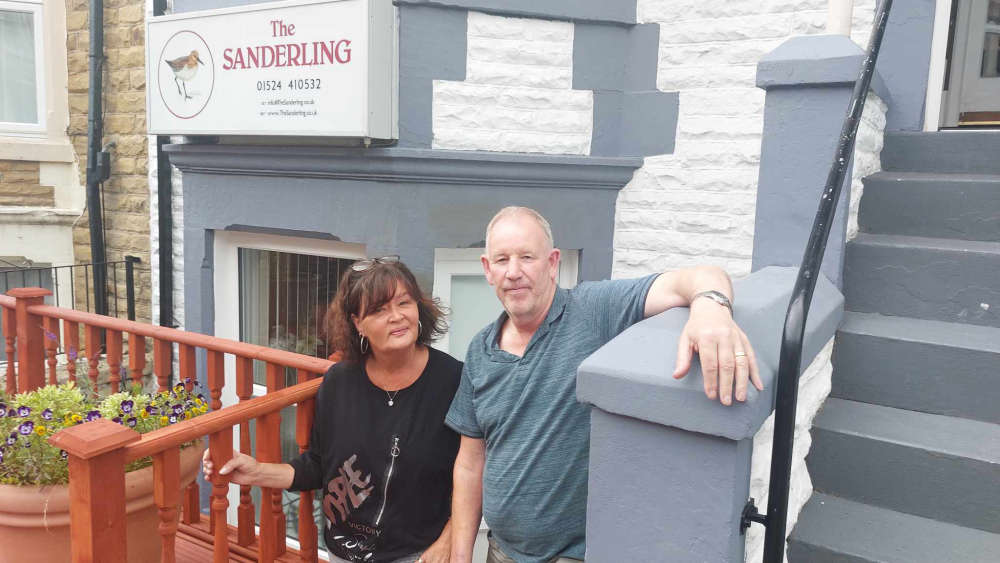 Morecambe guesthouse couple to star on reality TV show 'Four in a Bed'
Morecambe guesthouse couple to star on reality TV show 'Four in a Bed'
 PHOTOS: Northern Lights dazzle on Highest Point festival day one
PHOTOS: Northern Lights dazzle on Highest Point festival day one
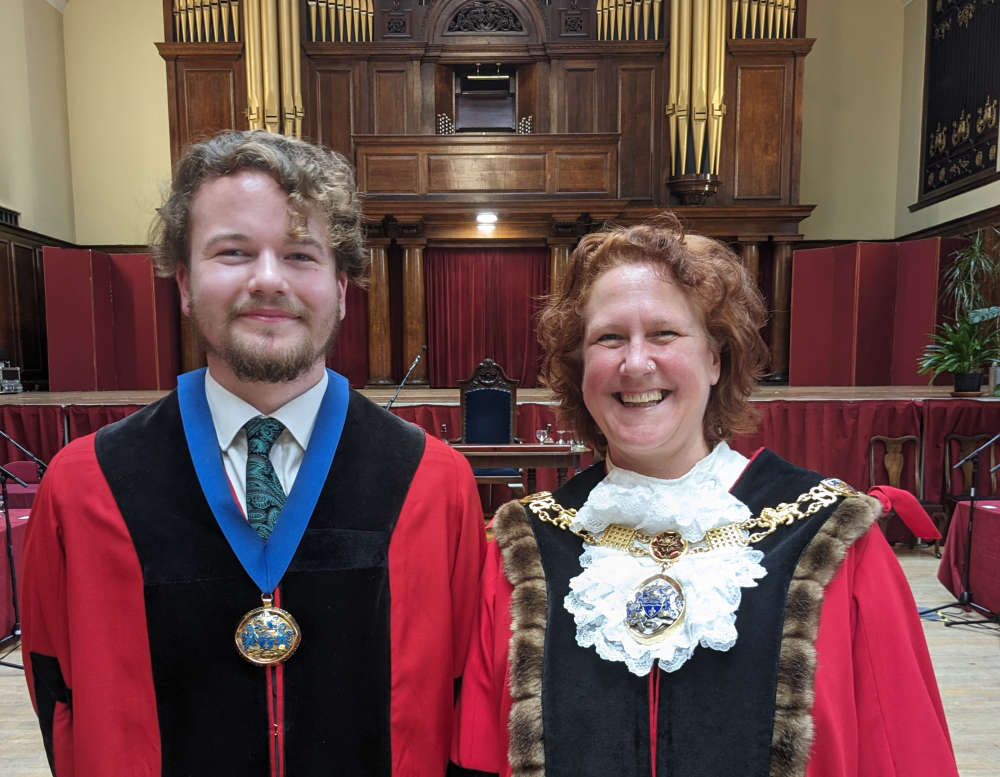 Mother and son unveiled as new Lancaster mayoral team
Mother and son unveiled as new Lancaster mayoral team
 New police and crime commissioner for Lancashire begins role
New police and crime commissioner for Lancashire begins role
 Morecambe homeless man jailed after admitting criminal damage
Morecambe homeless man jailed after admitting criminal damage
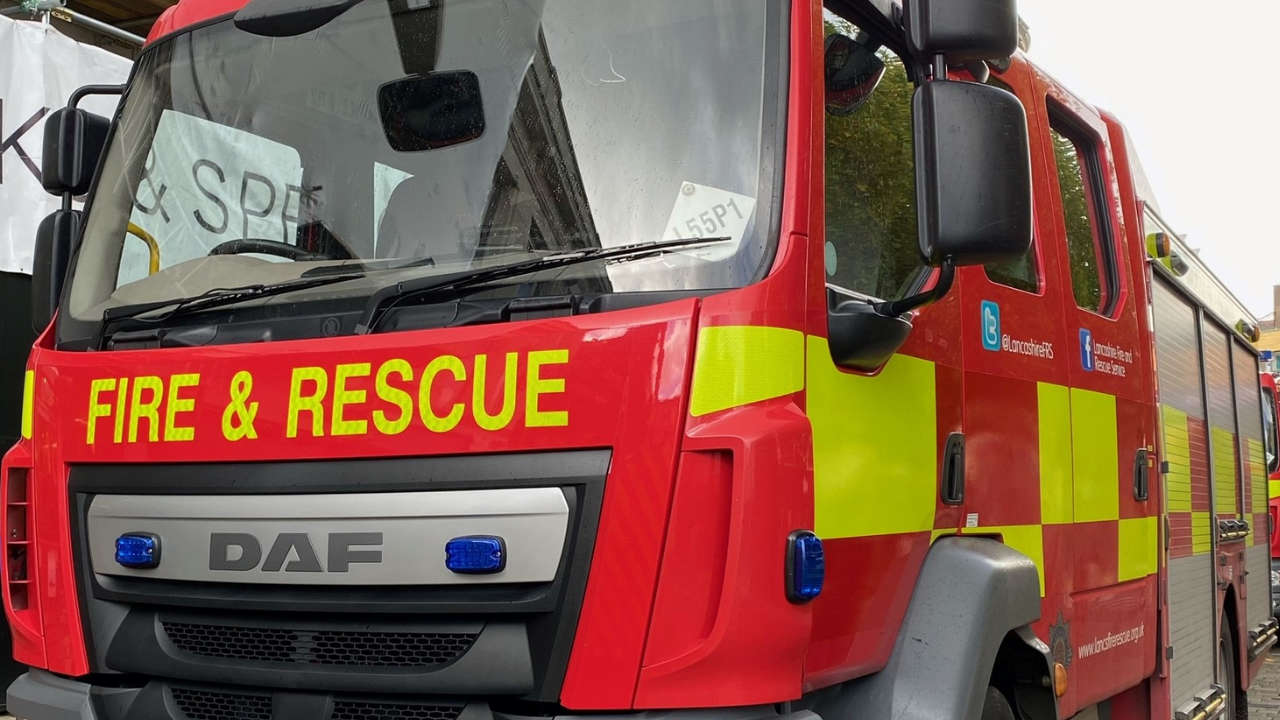 Firefighters tackle fire at flat in Morecambe
Firefighters tackle fire at flat in Morecambe
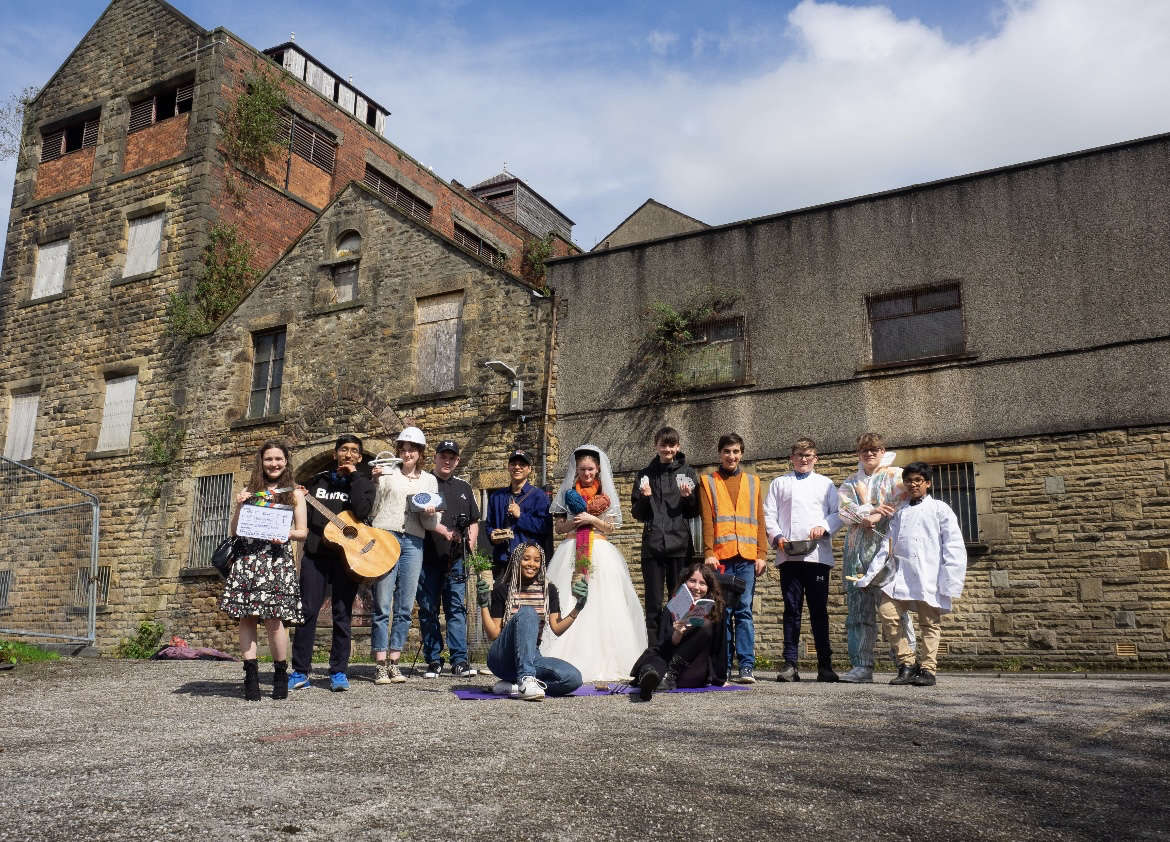 Lancaster youth charity awarded £221,400 towards vision for 'creative youth space' in city
Lancaster youth charity awarded £221,400 towards vision for 'creative youth space' in city
 Tennis club near Lancaster unveils new courts after £50,000 fundraising campaign
Tennis club near Lancaster unveils new courts after £50,000 fundraising campaign
 INTERVIEW: Highest Point chief 'proud' of lineup for 2024 festival
INTERVIEW: Highest Point chief 'proud' of lineup for 2024 festival
 Highest Point festival stage times: all you need to know
Highest Point festival stage times: all you need to know




